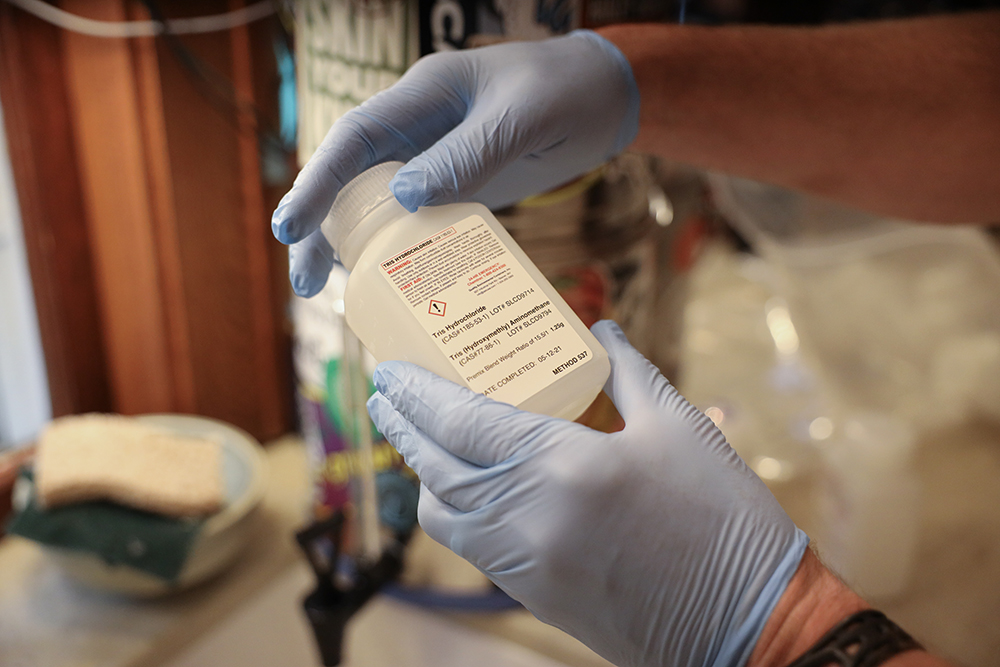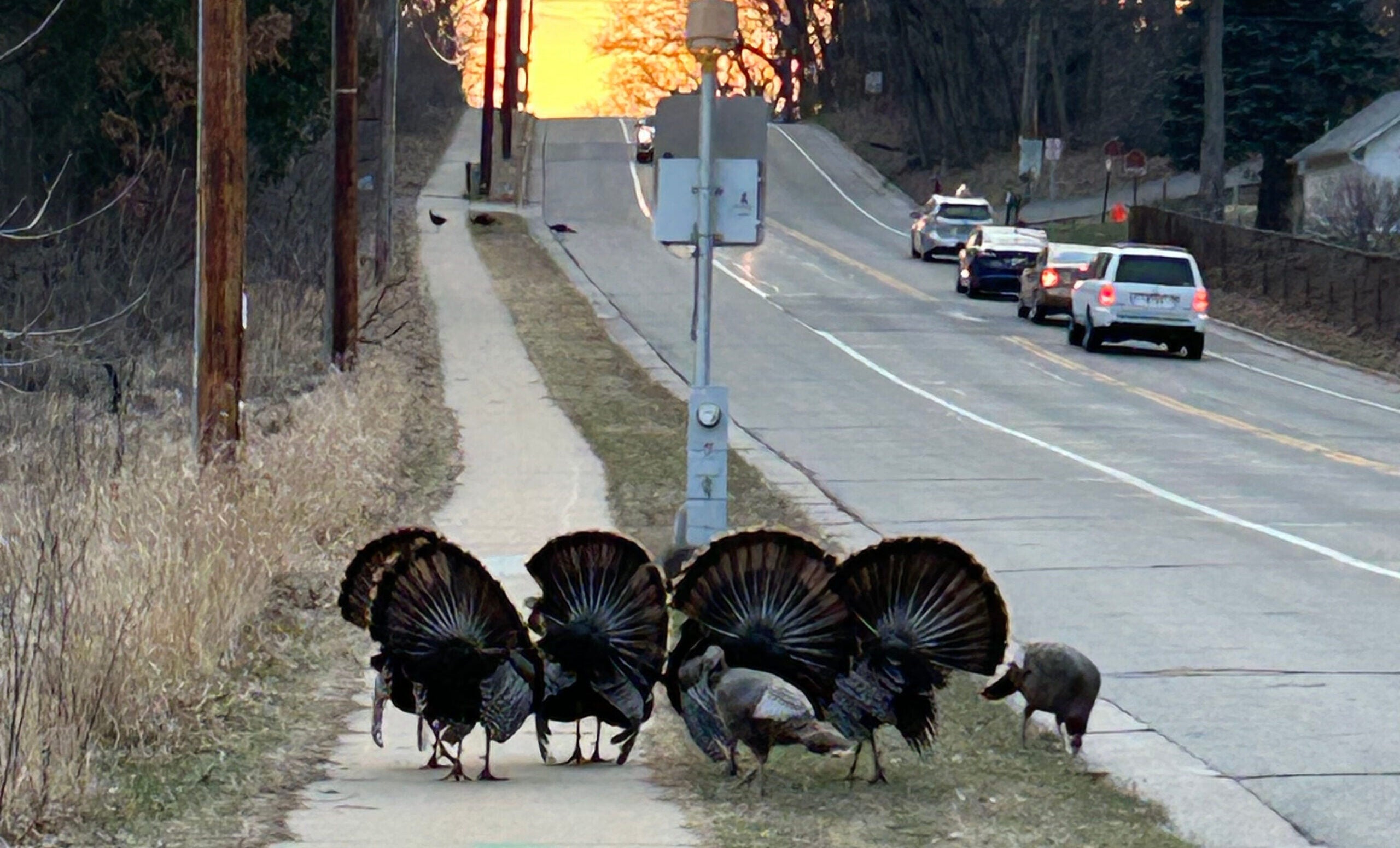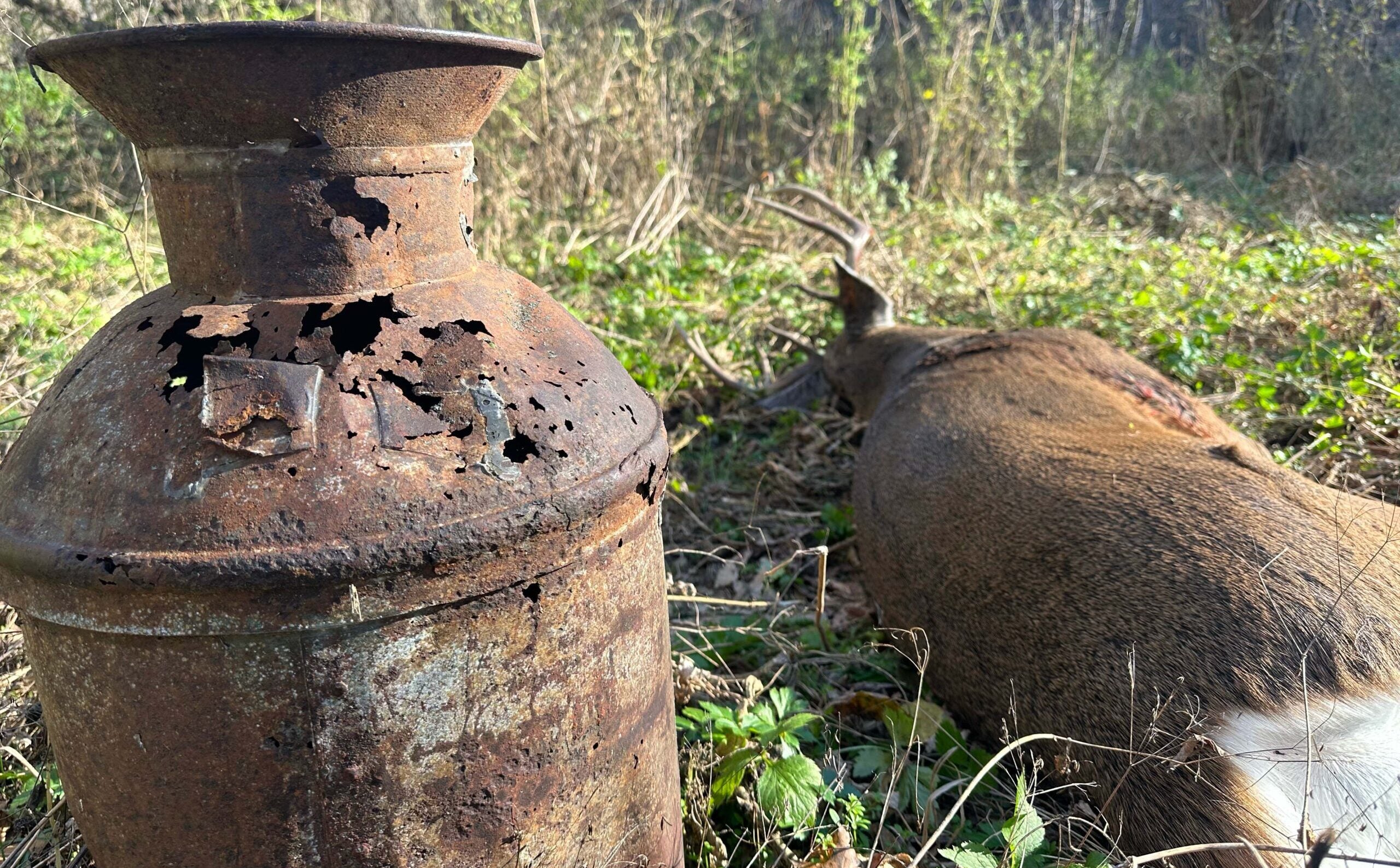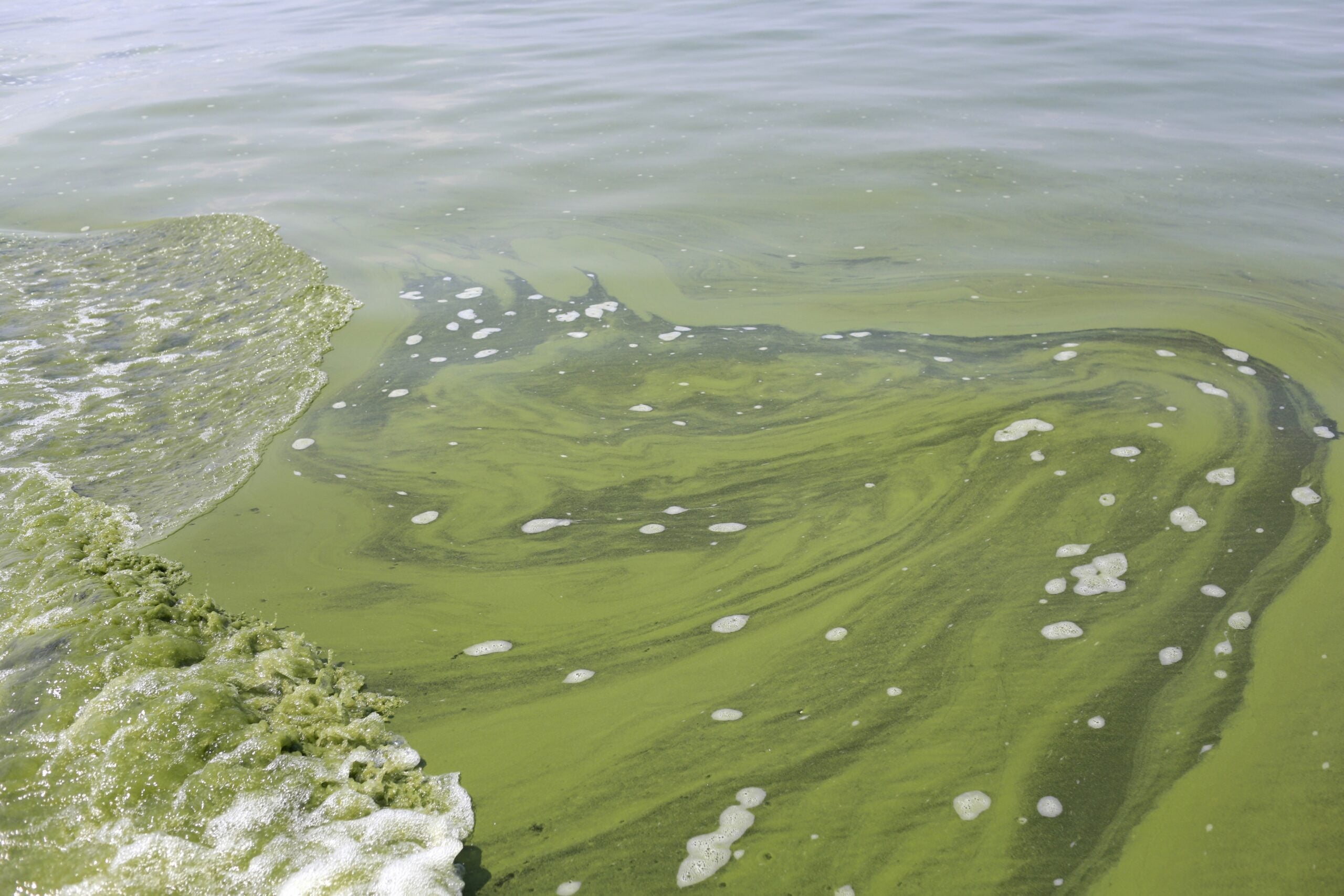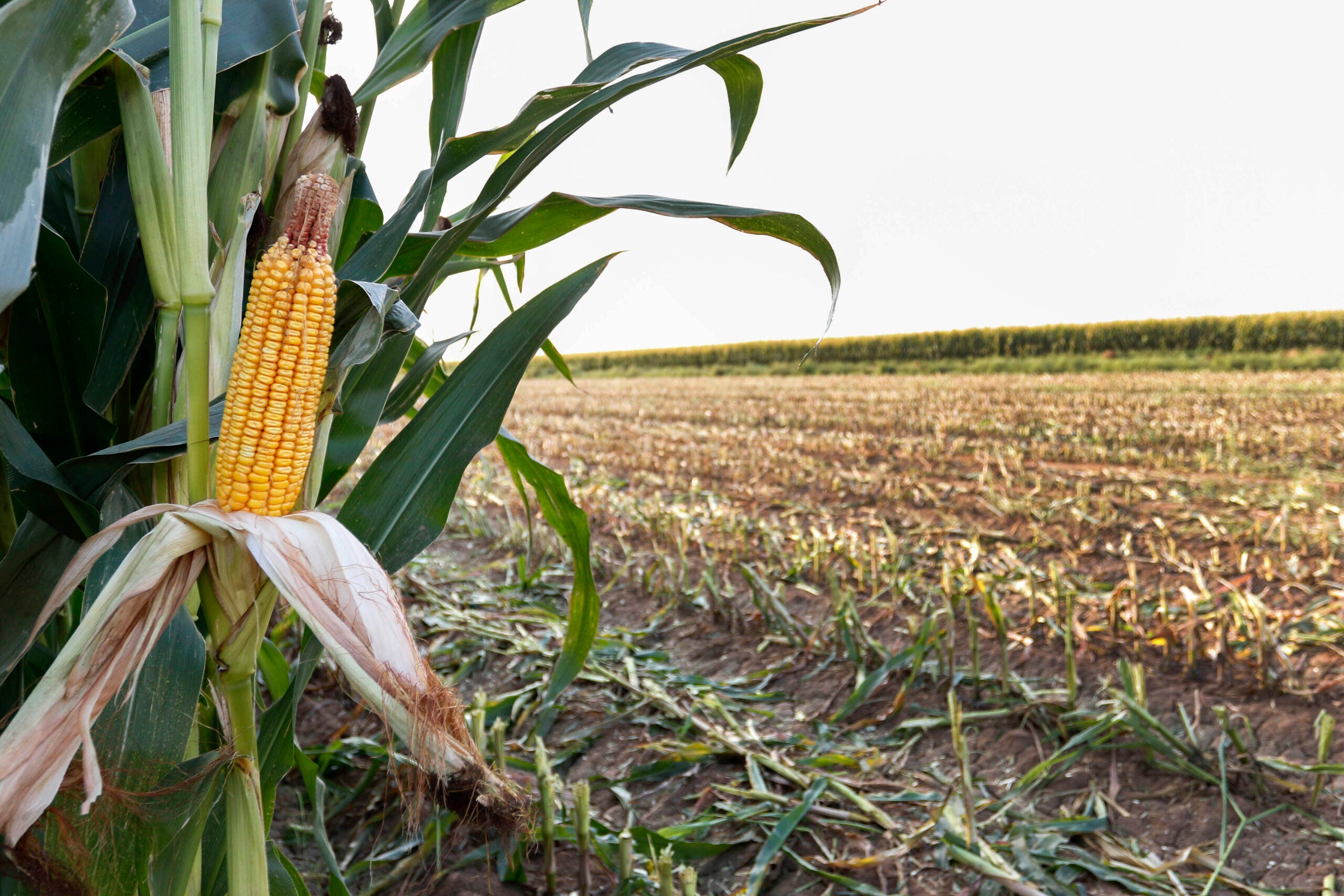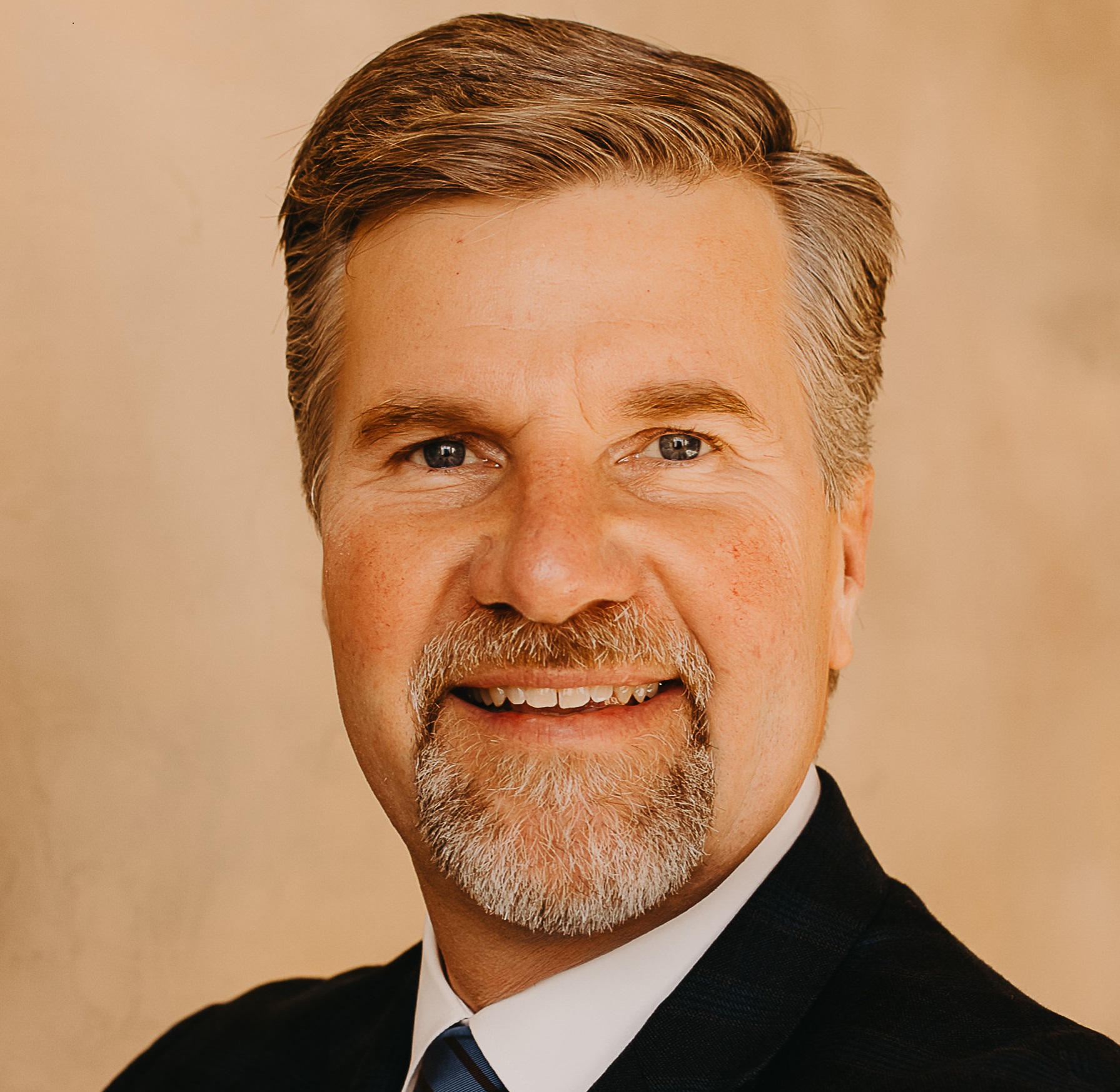
Wisconsin’s most pressing environmental concern is water quality, according to Adam Payne, the newest head of the state Department of Natural Resources.
Appearing Monday on Wisconsin Public Radio’s “Central Time,” Payne discussed growing worries over toxic chemicals known as PFAS. The DNR is investigating reports of the chemicals on at least 90 sites, including in cities like Eau Claire, Wausau and Marinette.
News with a little more humanity
WPR’s “Wisconsin Today” newsletter keeps you connected to the state you love without feeling overwhelmed. No paywall. No agenda. No corporate filter.
“We absolutely have to be even more aggressive in making sure people can drink clean water and that if they have this horrible (PFAS) come their way, that we have a quick emergency response plan of action to assist people,” Payne said.
In December, Gov. Tony Evers announced he would appoint Payne as secretary designee of the DNR in the wake of Preston Cole’s retirement. Payne officially started his duties Jan. 3 but has yet to be confirmed by the Republican-controlled state Senate.
Payne talked on “Central Time” about water quality and other priorities for the DNR, such as improving air quality and limiting spread of a fatal disease in deer.
The following interview has been edited for clarity and brevity.
Rob Ferrett: How do you see yourself tackling the PFAS problem?
Adam Payne: I’m in my second week, but I’ve quickly gained an appreciation for what, I think, is our No. 1 priority, and that’s water quality. Certainly Gov. Tony Evers has made that very clear, as well. We absolutely have to invest more to protect and improve and safeguard our water quality in the state of Wisconsin.
READ MORE: New study finds extremely high levels of ‘forever chemicals’ in Great Lakes fish
RF: What other priorities do you want to get up to speed on as fast as possible?
AP: Obviously, our air quality is so important. We have a lot of people who enjoy the great outdoors, including hunting and fishing. We have a number of plans in place — whether it’s a proposed wolf plan, proposals on improving parks and adding more property or stewardship opportunities across the state.
RF: As a deer hunter yourself, I want to ask about chronic wasting disease in the state’s deer herd. Have you had thoughts as a hunter, as a local conservationist now in the statewide post on what we can do?
AP: Yes, I’ve thought about it a lot over the years as have my friends and family members. I’ve been deer hunting since I was 12 and loved to bowhunt. But CWD is obviously a terrible disease, and I appreciate the Department of Natural Resource efforts — particularly over the last five to 10 years — to try to get a handle on it including raising awareness with hunters and the public.
People need to be sensitive about whether or not they want to consume meat that has CWD. We obviously don’t know if it can transmit … to humans but is that a risk people want to take? We have to continue to inform and educate, do a lot of research to better understand CWD, and determine what management practices we are going to use going forward to control the herd, try to control this disease and to keep people informed.
On a personal note, CDW is spreading across the state just as it has in many parts of the nation, and candidly, I’m not certain how effectively we can change that. In the past, the DNR was thinking about knocking down the deer herd to try to control it. And of course, that wasn’t popular. … As I’ve shared with some of my hunting friends, it’d be nice if we had a field test. Hunters could take that test right in the field and know whether or not that animal has it.
RF: You’re an appointee of a Democratic governor. It’s a Republican-controlled Legislature. What would you say to Republicans in the Legislature about ways to find common ground and work on solutions?
AP: For the last 24 years working as county administrator for Sheboygan County, we didn’t worry about who the ‘Ds’ and ‘Rs’ were on the county board. We really worked to problem-solve. We had such an effective team of board members and staff, and we just didn’t get into those political dynamics.
When it comes to natural resource protection and enhancement, when it comes to clean water and making sure that we can protect this tremendous resource we have, I don’t think that should be partisan. I really look forward to working with all of our legislators on what we can do to further protect public health and safety.
READ MORE: Gov. Evers appoints new head of Wisconsin Department of Natural Resources
Wisconsin Public Radio, © Copyright 2025, Board of Regents of the University of Wisconsin System and Wisconsin Educational Communications Board.

